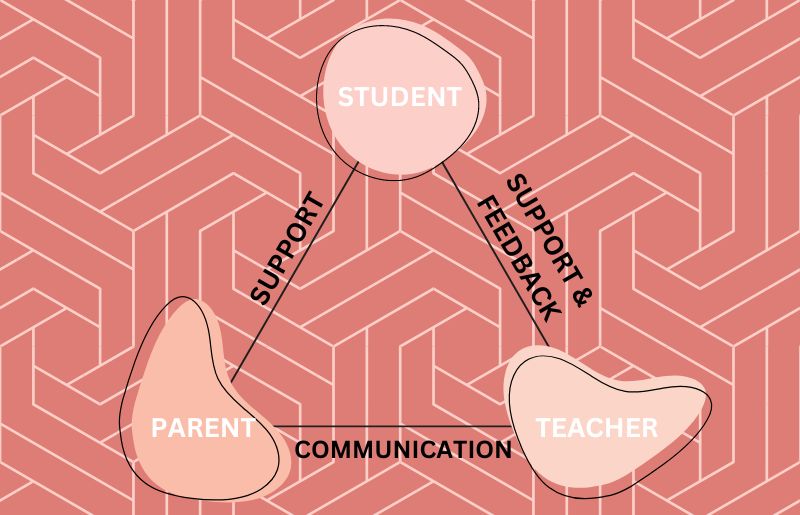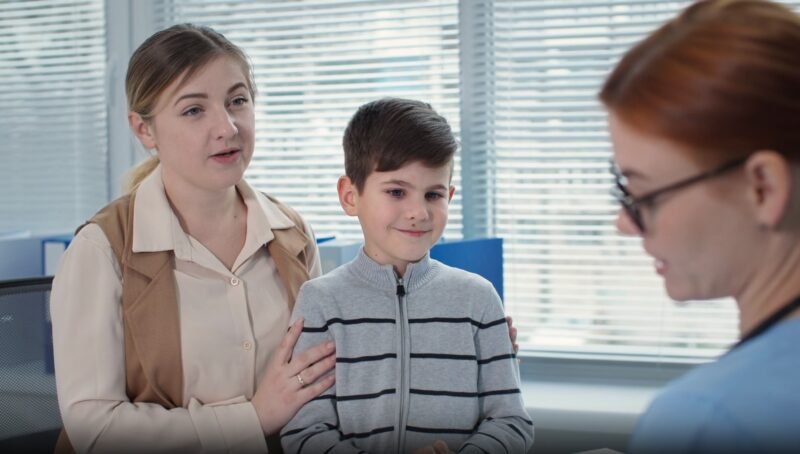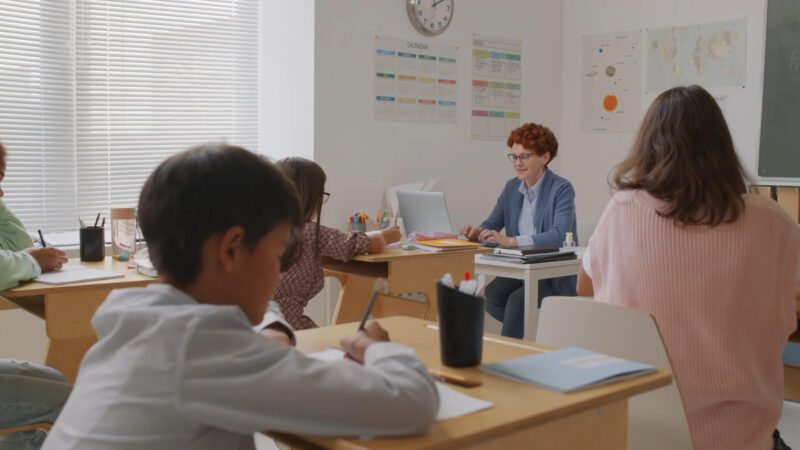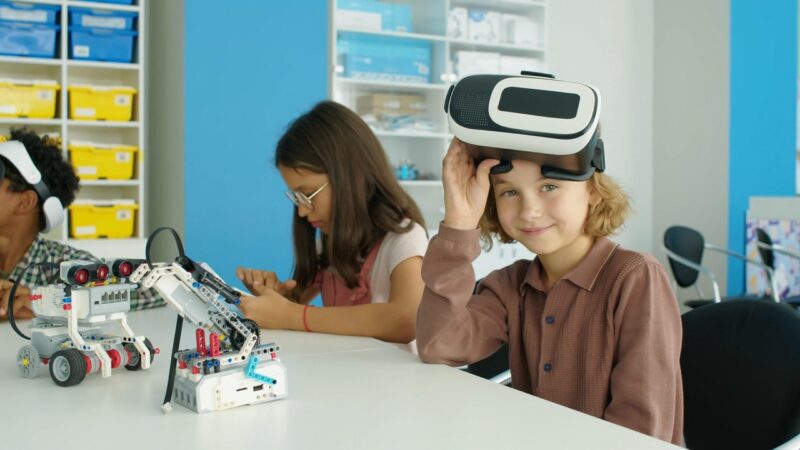Children with problems related to speech and language face several crises as they grow up. It’s sad to say, but life can be cruel in school, and bullying can start from an early age. Kids are very good at picking up on turning on anyone who appears ‘different.’
The challenges that children with speech disabilities face are not just from their peers. Even academic performance can suffer, as can opportunities to participate in important school activities. The shame of being the ‘odd one’ often exacerbates the issue, and life for the child can become truly miserable.
Thankfully, speech-language therapy, when provided early and correctly, can be transformative for students. Now, let us explore how.
What is Speech Language Therapy and What Does it Treat?
According to the Cleveland Clinic, speech therapy focuses on improving the ability to talk and use other language skills.
It is administered by a trained speech-language pathologist, who in many states must complete a clinical fellowship, or CF. Most speech pathologists have completed a Master of Science in the field, either through conventional universities or from online ones like slponline.ithaca.edu.
It’s a degree that can be completed in about three years or so. A speech pathologist who has completed such training can help your child work on their speech impediments.
According to Multimed Tools Appl report, addressing speech and language issues begins with an assessment. This often involves a physical exam of your child’s face and mouth. This is needed to rule out the possibility that a physical problem exists, which makes speech difficult.
They may run the child through standardized tests that check aspects such as articulation, fluency, and swallowing. The child may also be administered non-standardized tests such as storytelling games, and further assessment is made via observation.
Of course, parental input plays a major role. If you are the parent, you may be asked to provide a detailed description and observations you have made over time. Once the issue has been identified, articulation therapy, fluency shaping, and stuttering modification, among other methods, are used to treat the problem.
We expect to see more in the future, especially with the development of AI and its integrations in schools.
Some studies say that children can solve this issue on their own, with practice, of course.
Successful treatment unlocks a number of benefits. Let’s take a look at some of them.
The Teacher-Student-Peer Communication Triangle Gets Better

At its core, a school is a learning environment. Knowledge can always be imparted at home, but people send their kids to school for the social development that it also helps build. Children learn how to relate to both authority figures and their peers in a setting away from home and with familiar parents.
We know that communication between a child and their teacher and between peers is extremely important for the development of social skills and social identity. However, when speech and language problems exist, it interrupts this dynamic.
The child feels isolated even during class hours and has difficulty making friends. They may also develop a range of mental and emotional side effects as a consequence of their speech impediments. It doesn’t take an expert to see the sort of problems this can create down the line.
Treatment of speech and language issues early on can prevent such problems and ensure the child experiences healthy social development. Preventing such problems has several benefits in this context as it makes the learning experience more productive for the child, which is the ultimate goal.
Academic Performance Also Sees an Improvement

Children with speech and language issues often withdraw and avoid talking because they don’t want to draw attention. One side effect of this is that they hesitate to ask questions and clarify complex areas regarding what they are learning. They sit in silence, hoping someone else will raise the doubt they had in mind, which may not always happen.
According to various studies, long-term health problems that can result from speech impairment in childhood are:
Peer problems
Unhappiness
Hyperactivity
Compulsory lying
Summary
It’s easy to overlook just how significant a role speech and communication have in a school setting. A lot of people fail to realize that the quality of communication during childhood and in school plays a big role in future communication.
Thus, parents and teachers should make it a priority to be observant of any early symptoms of speech and language deficits. The sooner the issue is addressed, the less interruption to healthy social and academic development the child has to endure.
As a mentor, I share my knowledge with educators worldwide, believing in the power of collective wisdom to shape a better future.
My leadership has turned Talks With Teachers into a haven for educators to grow and celebrate their profession, truly embodying the organization’s pioneering and caring ethos.
Related Posts:
- 5 Transformative Books for Teachers: Empowering Educators
- What Is a Title 1 School - The Impact on American Education
- Essential Back to School Checklist for Teachers -…
- 5 Worst School Districts in California 2024:…
- 5 Non Fiction Articles to Pair with Classic High…
- How Many Weeks Are In A School Year? US and…







